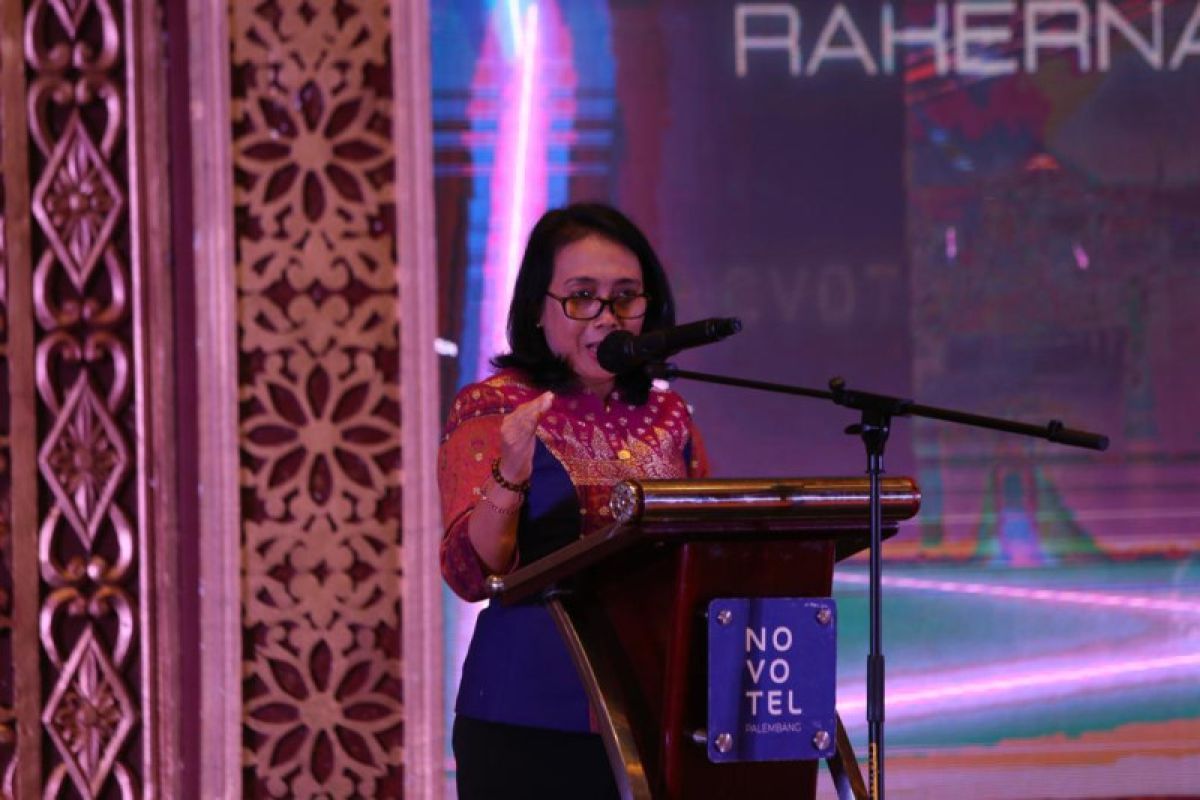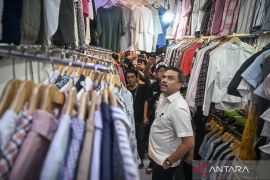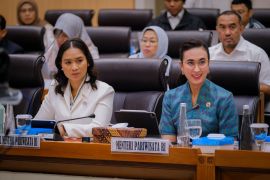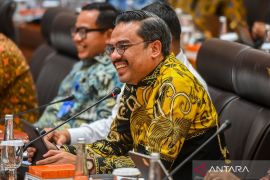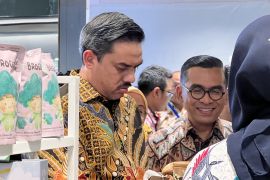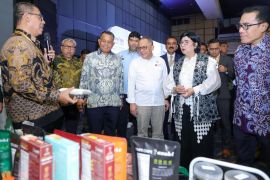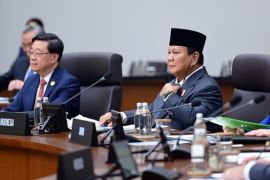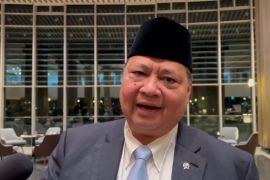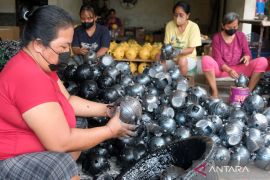"Through synergy and collaboration, we can support each other and bring mutual benefits because we have the same goal, which is to realize women's empowerment in entrepreneurship, with a gender perspective," the minister noted in a statement in Jakarta, Tuesday.
Puspayoga made the statement during the National Working Meeting VII of the Indonesian Jasaboga (catering service) Company Association (APJI).
According to Puspayoga, economically empowered women will be better positioned to tackle all problems related to womenfolk and children, such as child care, violence against womankind and children, child labor, and child marriage.
If women are economically empowered, the minister believes these problems will be minimized.
"It then becomes important to have an inventory of APJI members throughout the archipelago to be able to strengthen and synergize each other, so that they can meet consumer expectations. Apart from that, innovation and collaboration are also important, so that they can adapt to market needs," Puspayoga remarked.
APJI's VII National Working Meeting, themed "Synergy and Collaboration to Realize APJI's Vision and Mission," was attended by Deputy Governor of South Sumatra Mawardi Yahya, Chairperson of Kadin South Sumatra Province Affandi Udji, and Chairperson of APJI Rahayu Setiowati.
Increasing women's empowerment can be a solution to reducing cases of child labor and child marriages, Assistant Deputy for Economic Affairs at the Women's Empowerment and Child Protection Ministry Eni Widiyanti earlier stated.
"Increasing women's empowerment can be a solution to improving child care and education and reducing violence against women and children, child labor, and child marriage," she noted during a discussion titled "Closing the Gender Gap in the Digital World" at the commemoration of Mother's Day here on Wednesday.
President Joko Widodo (Jokowi) issued five main directives to the ministry regarding efforts to increase women's participation that comprised boosting women's empowerment in gender-based entrepreneurship, increasing maternal and child care, reducing violence against women and children, lowering child labor, and reducing child marriages.
However, she said, in learning and adapting to the digital world, women still face challenges of various policies that have not been in their favor.
These challenges include inadequate access or quality of internet, policies failing to respond to gender issues, double burden on women, and rise of gender-based violence in the digital realm.
"These challenges do not arise because women are weak, but often, because of the patriarchal culture that places women as a second-class society, so their contributions are still not significant," Widiyanti pointed out.
Based on Indonesia Statistics (BPS), the total female population in Indonesia reaches 133 million out of the total of 273 million Indonesians, and 53.6 percent of this figure constituted women of the productive age.
According to Widiyanti, women have vast potential to help drive Indonesia's development, including the economic sector. However, the percentage of women in directors' positions is only 8.3 percent and CEOs at only 3.1 percent.
"This potential is not only ideas. Studies say that increasing women's potential can produce positive and significant changes and improve the people's welfare," she explained.
Related news: Indonesia Manufacturing Center to boost MSMEs' productivity: Minister
Related news: KPPU to bolster supervision of MSME partnerships
Translator: Anita P, Azis Kurmala
Editor: Rahmad Nasution
Copyright © ANTARA 2022
